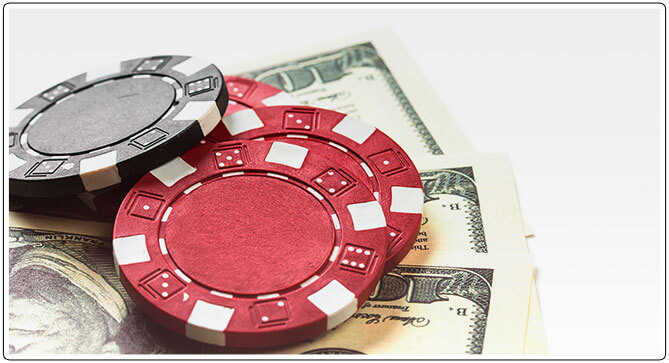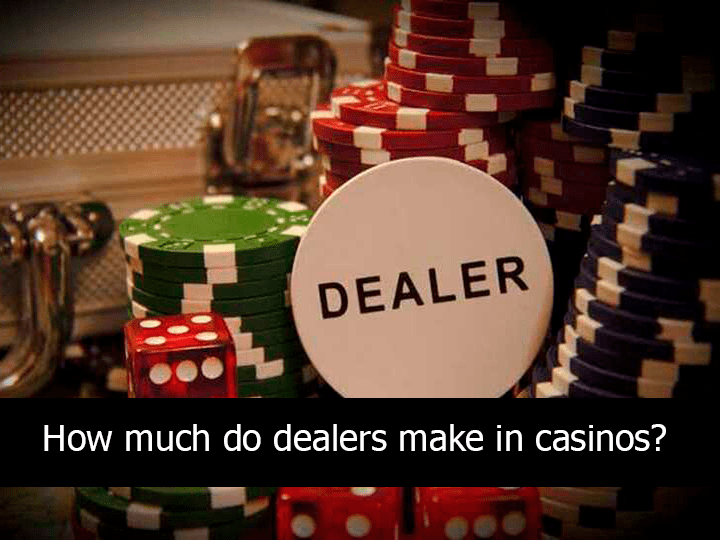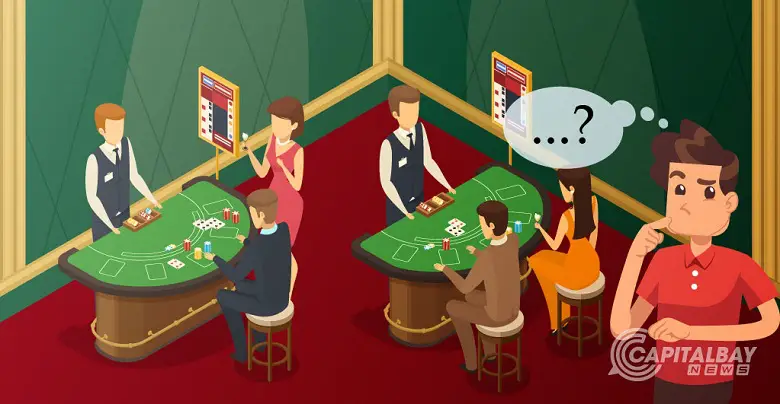How Much Do Poker Dealers Make

Poker dealers are essential to the multi-billion dollar casino industry, but their pay structure is complex and varies wildly. Earnings depend heavily on tips, location, experience, and the specific establishment where they work.
This article breaks down the reality of poker dealer compensation, offering a data-driven snapshot of what dealers can realistically expect to earn. We uncover the truth behind base wages, tip averages, and the impact of location on overall income.
Base Wages: The Starting Point
The hourly base wage for a poker dealer is often surprisingly low. Nationally, the average falls around the minimum wage in many states. The Bureau of Labor Statistics reports a median hourly wage for gaming services workers, including dealers, of $13.38 as of May 2023.
However, this figure is misleading because it doesn't account for tips. In some states, the base wage can be as low as the tipped minimum wage, sometimes only a few dollars per hour.
For example, in Nevada, the base wage for tipped employees can be significantly lower than the standard minimum wage. Dealers rely heavily on customer gratuity to make a living wage.
The Tip Factor: Where the Real Money Is
Tips are the lifeblood of a poker dealer's income. The amount a dealer earns in tips can far exceed their base wage.
Estimates for average tips vary widely, but experienced dealers in busy casinos can earn anywhere from $20 to $50 or more per hour in tips. This varies significantly on the game and time of day.
The generosity of players, the stakes of the game, and the overall casino atmosphere all influence tip income. Dealers at high-stakes tables, naturally, tend to receive larger tips.
Location, Location, Location: Regional Differences in Pay
Geographic location is a critical factor in determining a poker dealer's earning potential. Las Vegas, Nevada, remains a prime location for dealers, but other areas are also lucrative.
Atlantic City, New Jersey, and major casino hubs in states like California and Florida also offer competitive salaries and tip opportunities. The cost of living must also be factored in.
Smaller regional casinos might offer lower base wages and fewer opportunities for high tips. Demand for dealers in the area is also a factor.
Experience and Skill: Climbing the Ranks
Experience plays a vital role in a dealer's earning potential. Seasoned dealers are often assigned to higher-stakes games.
They have developed a rapport with players, increasing their chances of receiving generous tips. Skilled dealers are also faster and more efficient, dealing more hands per hour.
This translates to more game action and, potentially, more tips. They are also better at managing the table and dealing with difficult players.
Casino Policies: Tip Pooling and Distribution
Many casinos implement tip-pooling systems. All tips earned by dealers are collected and distributed evenly among the staff.
This system aims to create fairness and reduce competition among dealers. Some casinos may use different distribution methods, such as allocating a larger share to supervisors or more experienced dealers.
Dealers should understand the specific tip-pooling policies of their employer. This knowledge informs their financial planning.
Beyond the Money: Benefits and Perks
In addition to wages and tips, some casinos offer benefits packages to their employees. These may include health insurance, paid time off, and retirement plans.
Some casinos also provide training programs and opportunities for career advancement. Dealers can move into supervisory roles or management positions.
These benefits can significantly increase the overall value of a poker dealer's compensation. Evaluating these perks are important during job negotiations.
Real-World Examples: Dealer Income Scenarios
Let's consider a few hypothetical scenarios. A new dealer in a regional casino might earn $8 per hour plus $10-$15 in tips, totaling $18-$23 per hour.
An experienced dealer in Las Vegas could earn $12 per hour plus $30-$50 in tips, bringing their hourly income to $42-$62. These numbers are heavily dependent on the specific casino and game.
These examples demonstrate the significant variation in earnings. Dealers need to do their research.
The Future of Poker Dealer Compensation
The demand for poker dealers fluctuates with the overall health of the casino industry. Economic downturns and increased competition from online gaming can impact dealer earnings.
However, brick-and-mortar casinos remain popular destinations. Skilled and personable dealers will always be in demand.
Dealers must stay informed about industry trends and adapt to changing circumstances. This includes improving soft skills and knowledge of new game variants.


















